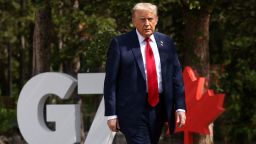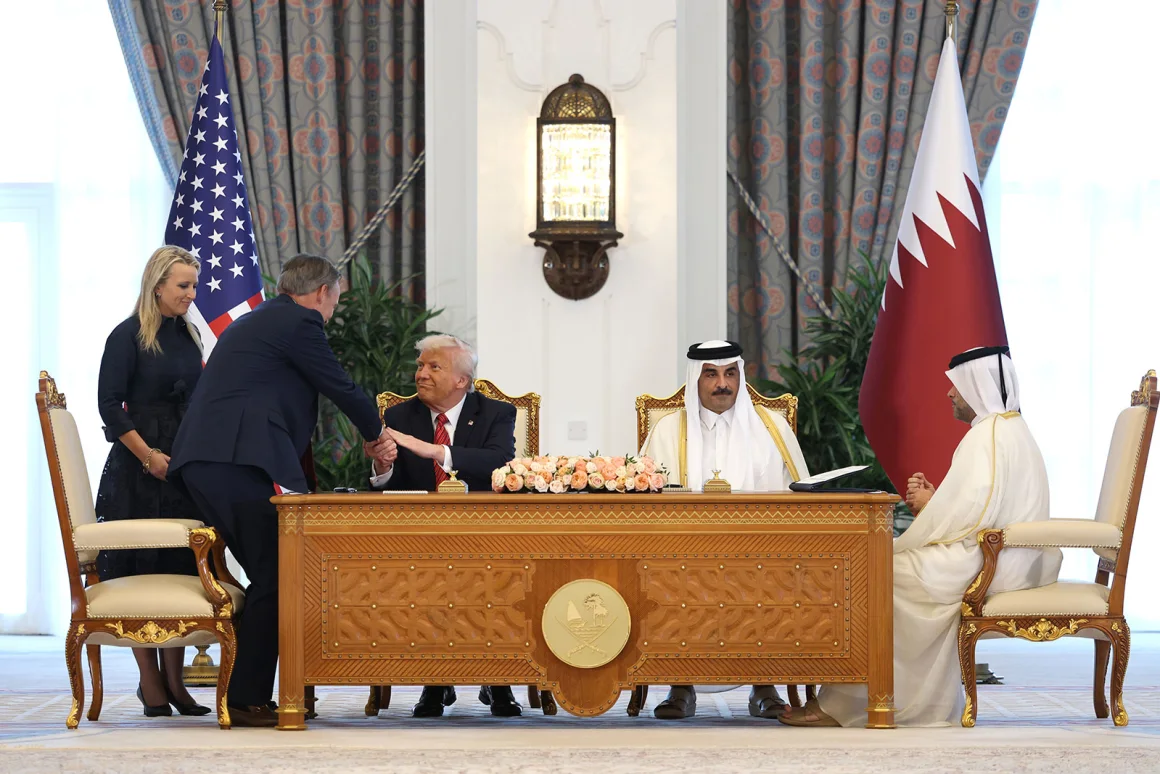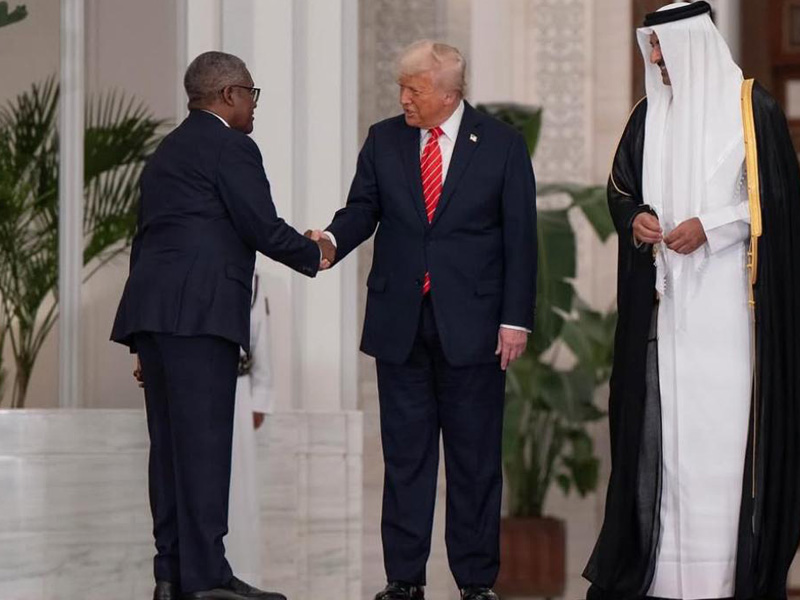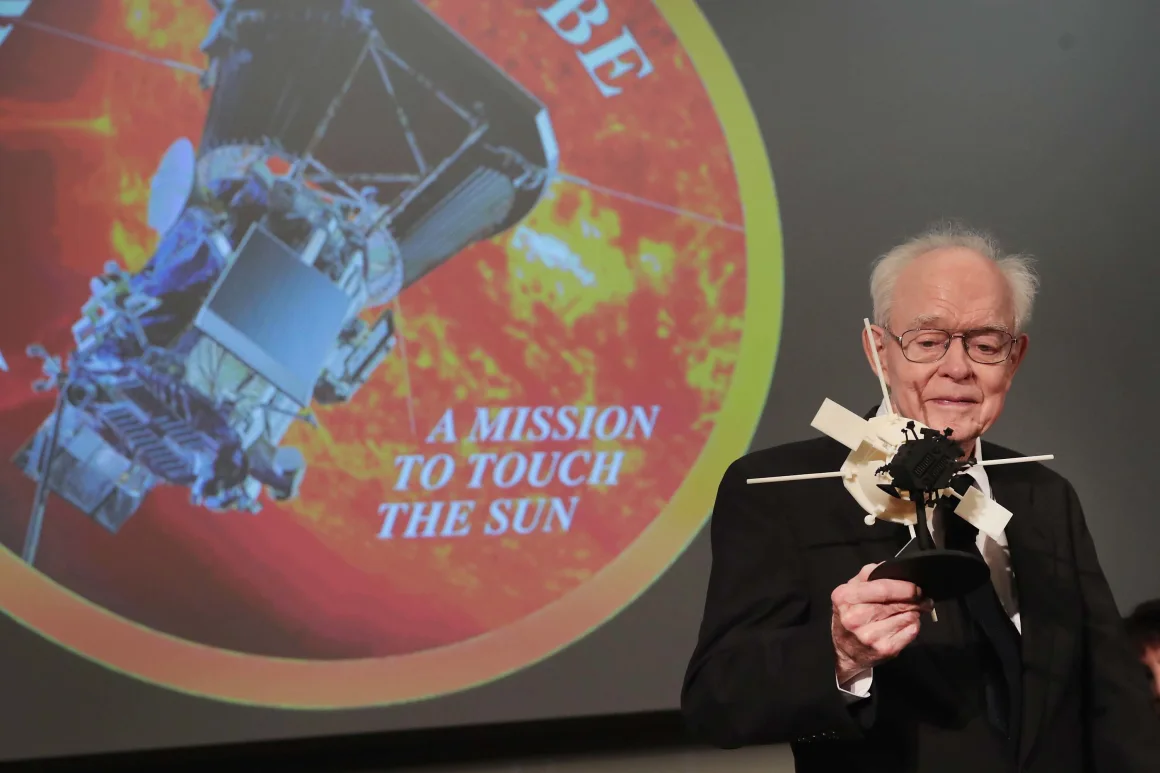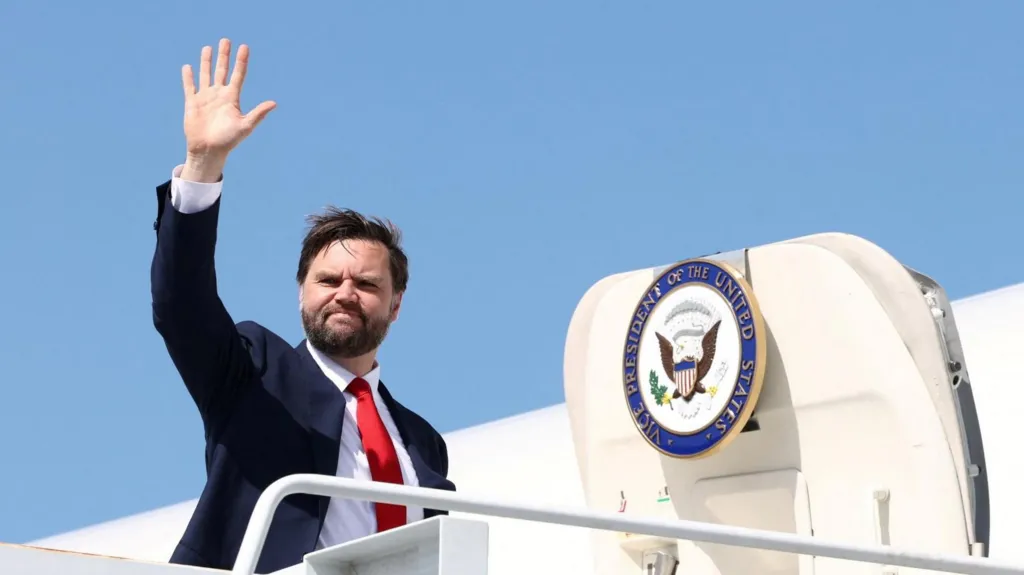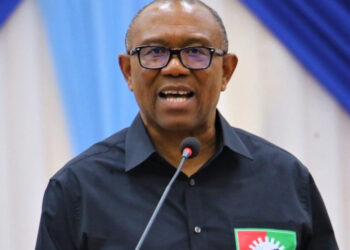President Donald Trump signaled Monday that the ongoing conflict between Israel and Iran was intensifying rapidly, announcing he would return to Washington a day early from the Group of 7 summit in Canada to monitor developments after issuing an ominous warning to Iranians to “immediately evacuate” their capital city.
“I have to be back as soon as I can,” Trump told reporters at the summit convening in the Canadian Rockies. Earlier, the White House said he would return to the United States “because of what’s going on in the Middle East.”
“I have to be back early for obvious reasons,” Trump said, without elaborating further.
Trump had originally planned to remain in Canada until late Tuesday, but by midday Monday had begun to signal that his attention was elsewhere as he weighs his options for dealing with the spiraling crisis.
“I think Iran basically is at the negotiating table where they want to make a deal, and as soon as I leave here, we’re going to be doing something,” Trump told reporters after meeting with leaders in the resort town of Kananaskis.
The summit had already generated a degree of division in the few hours Trump attended. He initially signaled his intention to not sign a joint statement drafted by G7 leaders calling for de-escalation between Israel and Iran, though late Monday the G7 released a statement from the leaders calling for a “resolution” to the crisis that appeared to garner Trump’s approval. The statement was attributed to the G7 leaders, which is typically an indication all have signed on, and an official familiar with the matter said it was issued with Trump’s blessing. CNN has reached out to the White House for comment.
“We urge that the resolution of the Iranian crisis leads to a broader de-escalation of hostilities in the Middle East, including a ceasefire in Gaza,” said the statement.
The statement came not long after Trump issued his warning to Iranians in a social media post.
“Everyone should immediately evacuate Tehran!” the president wrote on Truth Social, without saying why.
Trump directs team to attempt meeting with Iranians as quickly as possible
The alarming message appeared designed to increase pressure on Iran to come to the negotiating table as its tit-for-tat with Israel continues. Trump has directed members of his team, including Middle East envoy Steve Witkoff, to attempt a meeting with Iranian officials as quickly as possible, according to a person familiar with the matter and a US official, as he urgently works to determine whether Iran is serious about diplomacy to resolve its conflict with Israel.
Since Israel launched its first wave of missiles last week, the president has maintained publicly that Iran should come to the table to strike a deal with the United States, while privately urging his team to keep lines of communication open with Iran and Iranian intermediaries.
In conversations with European leaders at the G7, Trump told his counterparts that discussions were underway to obtain a ceasefire between Israel and Iran, and signaled he wanted US officials to meet their Iranian counterparts this week.
A US official told CNN that while nothing was set, Israel and Iran were moving in the right direction. Trump acknowledged that Iran had been in touch through intermediaries earlier Monday.
He was less candid about what his plans could be should those diplomatic efforts fall short, including whether he would deploy US military assets to join Israel in attempting to dismantle Iran’s nuclear facilities.
As of Monday evening, the White House insisted the US had not joined Israel in attacking Iran.
“American forces are maintaining their defensive posture, and that has not changed. We will defend American interests,” a White House spokesman, Alex Pfeiffer, wrote on X.
The Trump administration told regional partners on Sunday that it is not going to be involved in the Israel-Iran conflict unless US interests are targeted by Iran, and there was no change to that message as of Monday night, according to a regional diplomat.
Trump has directed his national security staff in Washington to convene in the Situation Room, a White House official told CNN on Monday evening, although they did not say if he directed the officials to convene immediately, or to be there when he returns to DC.
Earlier in the day, a number of top national security officials were seen arriving at the West Wing, including Gen. Dan “Raizin” Caine, the chairman of the Joint Chiefs of Staff.
Trump ultimately signed joint G7 statement on Iran, despite earlier resistance
Though US officials signaled publicly and to their European counterparts throughout the day that Trump was unlikely to join in on a leaders’ statement calling for deescalation in the conflict, he ultimately appeared to do so.
An official familiar with the matter said Trump’s sign off came after his counterparts changed some of the language in the document — including calls for a diplomatic resolution to the crisis and upholding international law.
The statement said the G7 leaders “reiterate our commitment to peace and stability in the Middle East.”
“In this context, we affirm that Israel has a right to defend itself. We reiterate our support for the security of Israel. We also affirm the importance of the protection of civilians. Iran is the principal source of regional instability and terror. We have been consistently clear that Iran can never have a nuclear weapon,” the statement said.
A senior White House official had earlier said Trump felt there was no reason for him to sign on to the statement, given what he had already said publicly about the conflict between Israel and Iran. Asked whether a statement would demonstrate unity among world leaders on the issue, the senior official responded that Trump’s attendance at the summit, at the other leaders’ request, was his way of showing unity.
European officials had been holding out hope that Trump’s mind could be changed on the joint statement, but they acknowledged his veto would scuttle hopes of demonstrating consensus on the issue.
“We’ll see in the end, it’ll be up to the American side to decide whether we’re going to have a G7 statement on the Middle East or not,” Stefan Kornelius, a spokesperson for the German government, told reporters gathered at the summit site.
Questioned at the summit about US involvement in the Israel-Iran conflict, Trump said it was his goal to ensure Iran doesn’t develop a nuclear weapon.
“I want to see no nuclear weapon in Iran, and we’re well on our way to making sure that happens,” he said. Asked if he believed Israel could suppress the nuclear threat posed by Iran without US help, Trump responded: “It’s irrelevant. Something’s going to happen.”
Earlier Monday before the summit started, the president told reporters he believes Iran wishes to de-escalate its conflict with Israel.
“They’d like to talk, but they should have done that before. I had 60 days, and they had 60 days, and on the 61st day, I said, ‘We don’t have a deal.’ They have to make a deal, and it’s painful for both parties, but I’d say Iran is not winning this war, and they should talk, and they should talk immediately, before it’s too late,” he said as he met with Carney.
Trump issued a two-month ultimatum this spring for Iran to strike a nuclear deal or face consequences. On Friday — day 61 — Israel launched unprecedented strikes on Iran, targeting its nuclear program and military leaders.
The US president declined to say what, if anything, would prompt US military involvement in the conflict.
“I don’t want to talk about that,” he said, remaining vague when pressed on what intelligence the US is providing Israel.
Trump’s counterparts at the G7 planned to press the US leader on his strategy for dealing with Israel and Iran, officials from multiple delegations said, as the spiraling Middle East conflict shadows the first day of the summit.
It’s not clear to European officials what makes Trump confident that talks can continue, given the scale and scope of Israel’s attacks.
Given US influence over Israel, Trump’s fellow leaders want a clearer picture of how long the US intends to allow the conflict to continue, or whether Trump plans to apply pressure on Israeli Prime Minister Benjamin Netanyahu to de-escalate, the officials said.
Russia’s absence from the summit
Already, a difference has emerged between Trump and Macron over a role for Russian President Vladimir Putin to play in mediating the conflict.
After a phone call with Putin this weekend, Trump said Sunday he believed the Russian leader could act as a mediator. But Macron dismissed the idea during a visit to Greenland, saying Moscow’s own violation of the UN Charter in Ukraine disqualified it from acting as a peace broker.
The two men’s differences over Putin were on full display Monday during Trump’s first public appearance at the G7, where he criticized of the bloc for ejecting Russia 11 years ago.
It was a combative opening to the president’s outing in Canada, where he was set to meet with fellow leaders for two days on a wide range of subjects.
“Barack Obama and a person named Trudeau didn’t want to have Russia in. And I would say that that was a mistake, because I think you wouldn’t have a war right now if you had Russia in,” Trump said during his meeting with Carney.
Russia was removed from the then-G8 after annexing Crimea in 2014. Justin Trudeau, whom Trump criticized repeatedly Monday for deciding to omit Russia, become prime minister a year later.
“They threw Russia out, which I claimed was a very big mistake, even though I wasn’t in politics,” Trump said. He said not having Putin at the table “makes life more complicated.”
When later asked about Putin joining, he said, “I’m not saying he should at this point, because too much water has gone over the dam.”
From CNN



